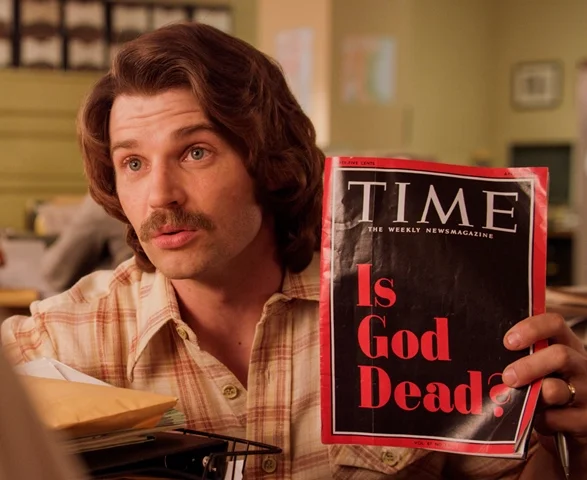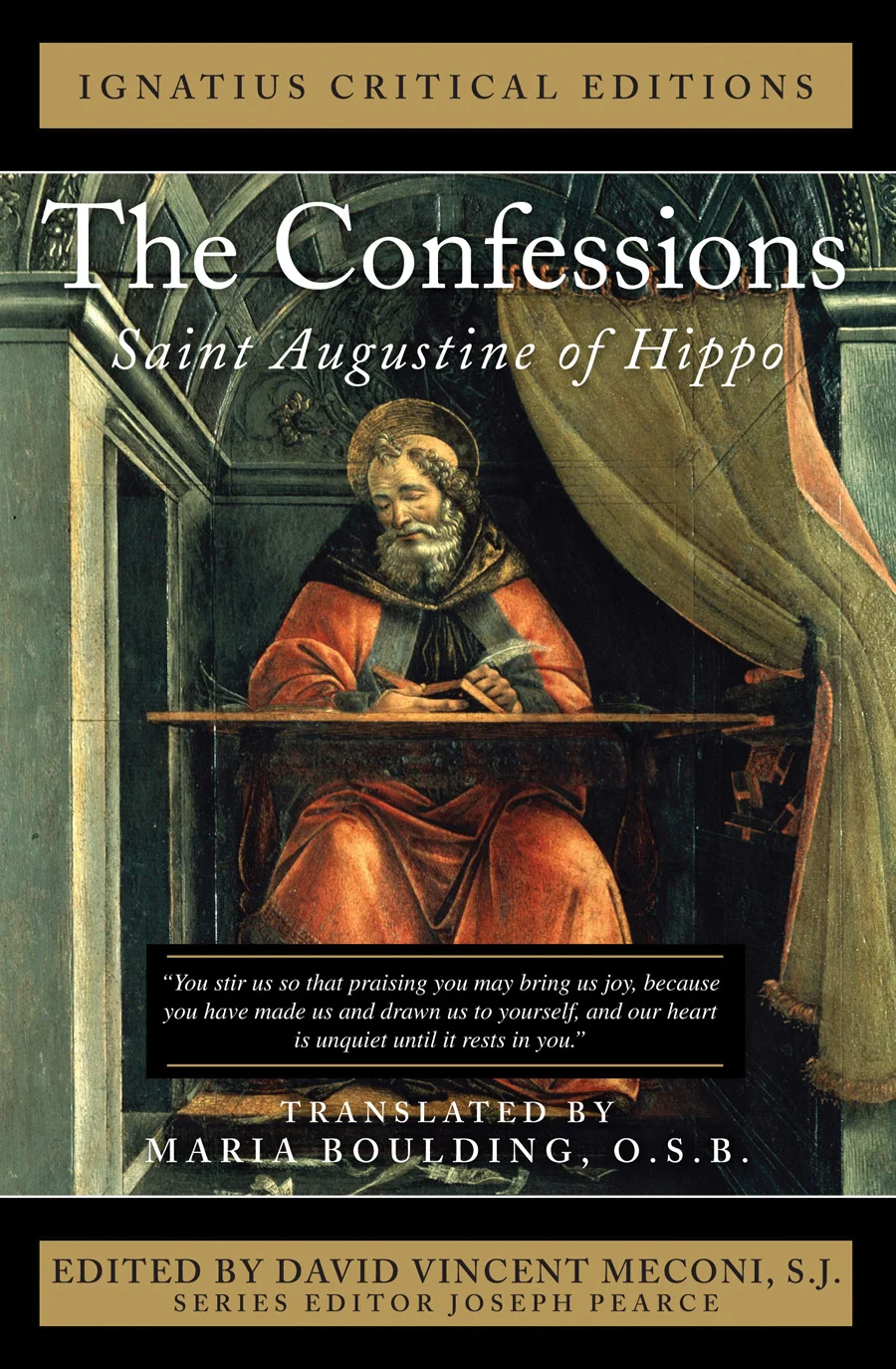When Bob Dylan tells the story of Bob Dylan, he often starts at a concert by rock 'n' roll pioneer Buddy Holly in the winter of 1959.
At least, that's where he started in his recent Nobel Prize for Literature lecture.
Something mysterious about Holly "filled me with conviction," said Dylan. "He looked me right straight dead in the eye and he transmitted something. Something, I didn't know what. And it gave me the chills."
Days later, Holly died in a plane crash. Right after that, someone gave Dylan a recording of "Cotton Fields" by folk legend Leadbelly. It was "like I'd been walking in darkness and all of the sudden the darkness was illuminated. It was like somebody laid hands on me," said Dylan.
That story probably sounded "rather strange to lots of people," said Scott Marshall, author of the new book "Bob Dylan: A Spiritual Life."
"What happens when somebody lays hands on you? If people don't know the Bible, then who knows what they'll think that means? … Dylan is saying he felt called to some new work, like he was being ordained. That's just the way Dylan talks. That's who he is."
For millions of true believers, Dylan was a prophetic voice of the 1960s and all that followed. Then his intense embrace of Christianity in the late 1970s infuriated many fans and critics. Ever since, Dylan has been surrounded by arguments -- often heated -- about the state of his soul.
The facts reveal that Dylan had God on his mind long before his gospel-rock trilogy, "Slow Train Coming," "Saved" and "Shot of Love."
One civil rights activist, the Rev. Bert Cartwright, catalogued all the religious references in Dylan's 1961-78 works, before the "born-again" years. In all, 89 out of 246 Dylan songs or liner notes -- 36 percent -- contained Bible references. Cartwright found 190 Hebrew Bible allusions and 197 to Christian scriptures.










